One hard working day I noticed that GUIDs I've been generating with usual .NET's Guid.NewGuid() method had the same number 4 in the beginning of the third block:
efeafa5f-fe21-4ab4-ba82-b9eefd5fa225
480b64d0-6762-4afe-8496-ac7cf3292898
397579c2-a4f4-4611-9fda-16e9c1e52d6a
...
There were ten of them appearing on the screen once a second or so. I've kept my eye on this pattern right after the fifth GUID. Finally, the last one had the same four bits inside and I've decided that I'm a lucky guy. I went home and felt that the whole world is opened for such an exceptional person as me. Next week I found a new work, cleaned my room and made a call to my parents.
But today I've faced the same pattern again. Thousand times. And I don't feel the Chosen One anymore.
I've googled it and now I know about UUID and a canonical format with 4 reserved bits for version and 2 for variant.
Here's a snippet to experiment with:
static void Main(string[] args)
{
while (true)
{
var g = Guid.NewGuid();
Console.WriteLine(BitConverter.ToString(g.ToByteArray()));
Console.WriteLine(g.ToString());
Console.ReadLine();
}
}
But still there is one thing I don't understand (except how to go on living). Why do we need these reserved bits? I see how it can harm - exposing internal implementation details, more collisions (still nothing to worry about, but one day...), more suicides - but I don't see any benefit. Can you help me to find any?
